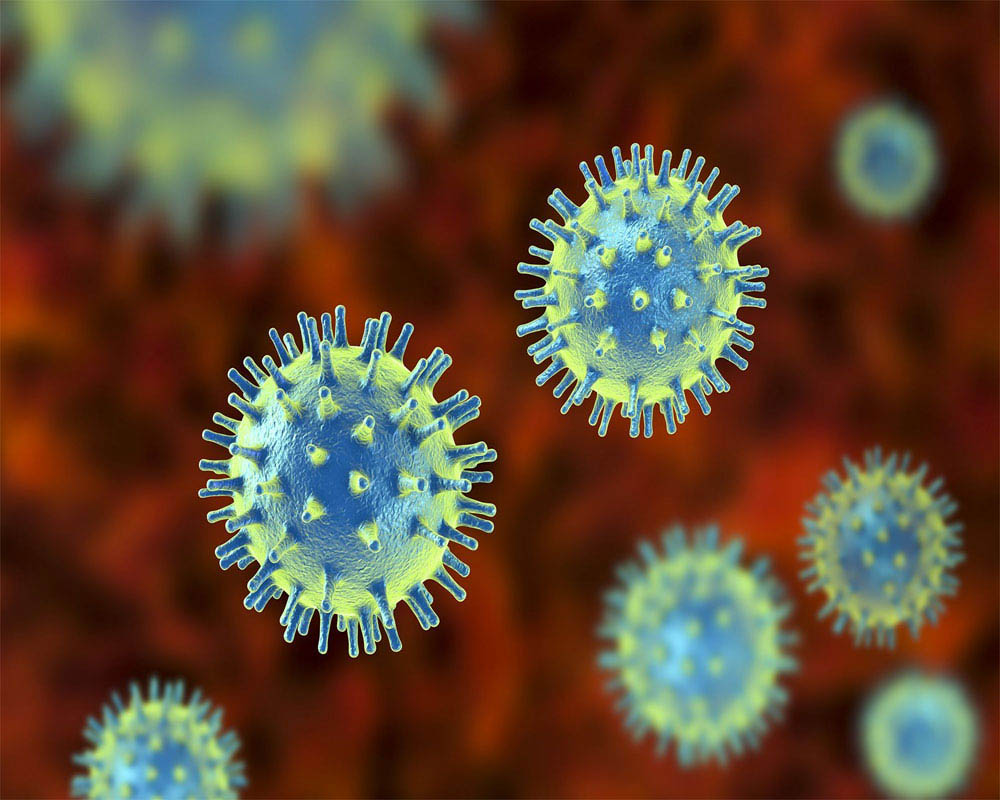A specific protein, occludin, inside the human body that plays a critical role in the spread of coronavirus from cell to cell after infection, could help in the development of new antiviral drugs in the future, researchers from University of Missouri, US, said in their study published in the journal Proceedings of the National Academy of Sciences.
The protein mediates the transmission of the virus between cells. “This basic, scientific research is very important to better understand the underlying mechanisms of disease progression inside the body’s cells so that the proper countermeasures can be identified and developed,” said Wenjun Ma, an associate professor at the university and lead author of the study.
The research team examined how the coronavirus spreads through cells by analysing cell samples.
They found that when the occludin protein in a single cell is damaged by the coronavirus, the virus is able to quickly replicate and spread to neighbouring cells throughout the body, making the infection worse and symptoms potentially more severe.
This knowledge would be helpful for developers of antiviral drugs by examining the potential impact the antiviral drugs have in strengthening the occludin protein against infection, Ma said.
“We learned that the virus may only start off by infecting a singular cell, but cells are incredibly complex, and when the occludin protein gets damaged, the virus quickly replicates and spreads to neighbouring cells.
“For example, if only one cell in the lungs is infected at first, the ability to breathe may not be significantly impacted.
“However, once the virus spreads to neighbouring cells throughout the lungs, it can lead to difficulty breathing and other respiratory problems,” said Ma.


























